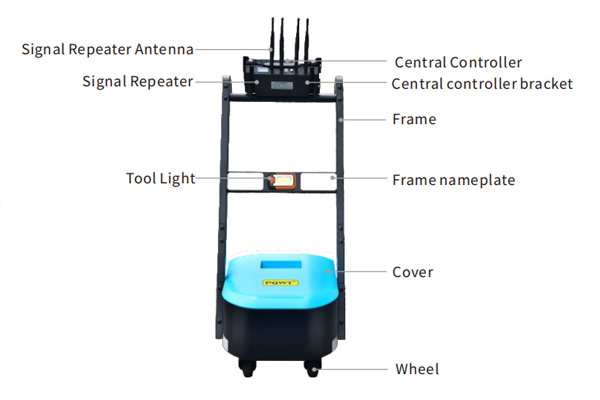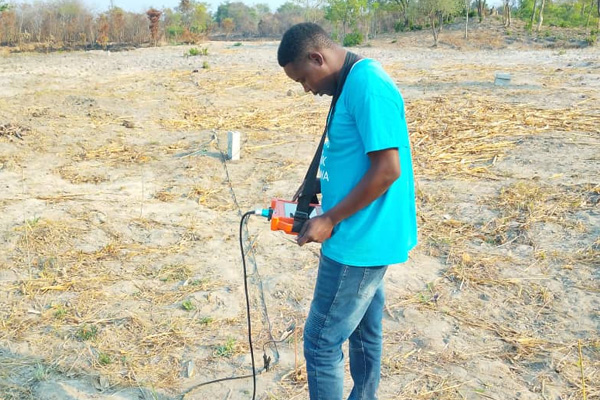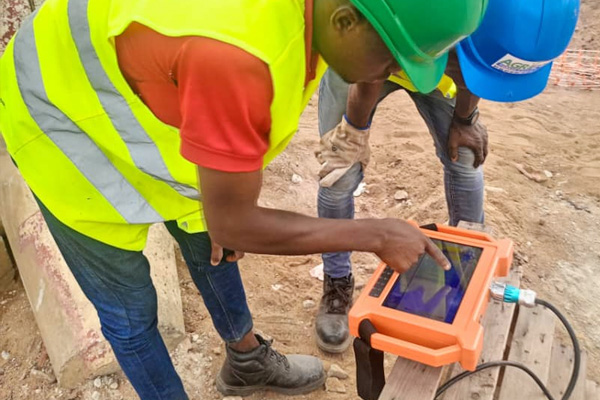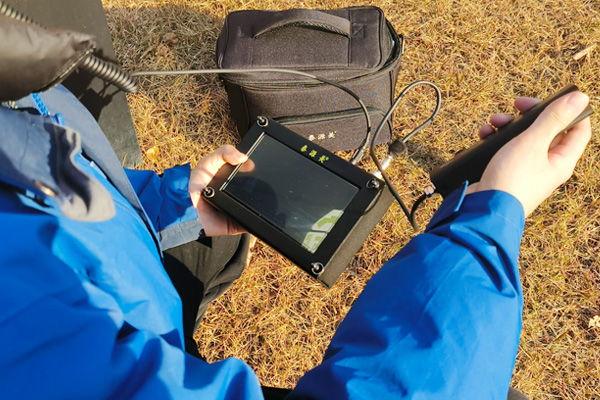Geological exploration is a key step in researching and solving geological problems, among which the exploration and development of groundwater resources is an important part. As an effective geophysical exploration method, natural electric field explorer plays an important role in finding groundwater resources. In this paper, we will discuss how to use natural electric field explorer for geological exploration, and how to analyze and interpret relevant data.
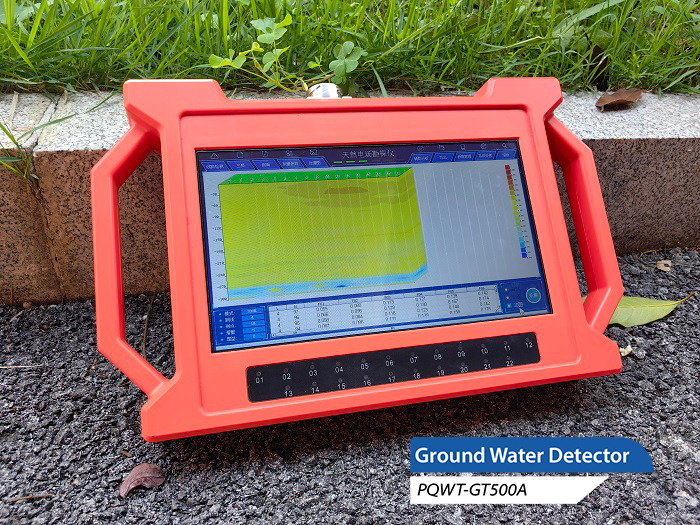
Second, the working principle of natural electric field explorer
Natural electric field exploration instrument using natural electric field propagation characteristics in the stratum, through the observation and analysis of stratum electric field distribution and change, deduce the underground geological structure and the nature of the rock layer. When underground water flows in underground rock formations, it generates an electric field, and this electric field changes with the speed and direction of the water flow. By setting up electrodes on the ground, these changes can be observed, thus inferring the existence and distribution of underground water.
Third, the application of natural electric field explorer in geological investigation
1. Finding groundwater resources: natural electric field explorer can be used to find groundwater resources, especially in arid areas and water-scarce areas. By analyzing the distribution and change of the electric field of the stratum, the depth, thickness and location of the aquifer can be determined, which provides the basis for drilling wells to extract groundwater.
2. Evaluating the quality of groundwater: the quality of groundwater is directly related to the production and life of human beings. Through the natural electric field explorer, it can observe the distribution and change of the electric field of the stratum, deduce the chemical composition of the groundwater and the mineralization degree and other quality indexes, and provide the basis for assessing the quality of groundwater.
3. Guiding hydrogeological investigation: in hydrogeological investigation, the natural electric field explorer can help determine the distribution and characteristics of aquifers, identify the boundaries between aquifers and aquifer, deduce the direction and speed of groundwater flow, and provide important information for the further study of hydrogeology.
4. Aiding the prevention and control of geologic disasters: natural electric field explorer can be used to aid the prevention and control of geologic disasters. For example, by observing the changes in the electric field of the stratum, it can predict and prevent geological disasters caused by groundwater flow, such as ground subsidence, landslides and so on.
Fourth, the analysis and interpretation of natural electric field exploration instrument data
The use of natural electric field exploration instrument for geological investigation, the need for detailed analysis and interpretation of the collected data. This includes the following aspects:
1. data processing: pre-processing and analysis of the collected raw data, including data cleaning, filtering and transformation, etc., in order to carry out subsequent interpretation and analysis.
2. Drawing profiles and contour maps: The processed data are drawn into profiles and contour maps in order to show more intuitively the changes in the underground geological structure and the nature of rock layers. These images can help researchers to characterize the distribution and flow of groundwater.
3. Identification of anomalies: During data analysis, attention needs to be paid to identifying anomalies. For example, if the observed changes in the electric field of the formation are abnormally large or small, it may mean that there are abnormal geological structures or changes in the nature of the rock formation underground. These anomalies need to be further studied and interpreted.
4. Comprehensive analysis: Combine the profile, contour map and other geological data to carry out comprehensive analysis. This can help researchers understand more comprehensively the distribution and flow characteristics of groundwater as well as its relationship with geological structures, thus providing strong support for geological investigation.
Natural electric field explorer has a wide range of application value in geological investigation, which can help researchers search for groundwater resources, assess the quality of groundwater, guide hydrogeological investigation and assist in the prevention and control of geological disasters. By analyzing and interpreting the collected data in detail, valuable information about the underground geological structure and the nature of rock layers can be obtained, providing an important basis for geological investigation. However, the effectiveness of the natural electric field explorer depends on a variety of factors, such as topography, geologic structure, electrode settings and so on. Therefore, when using the natural electric field explorer for geological investigation, it is necessary to fully understand the local geological conditions and research objectives, and reasonably set up the electrodes and process the data, so as to improve the accuracy and reliability of the investigation results.





